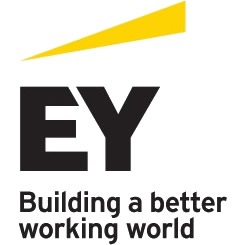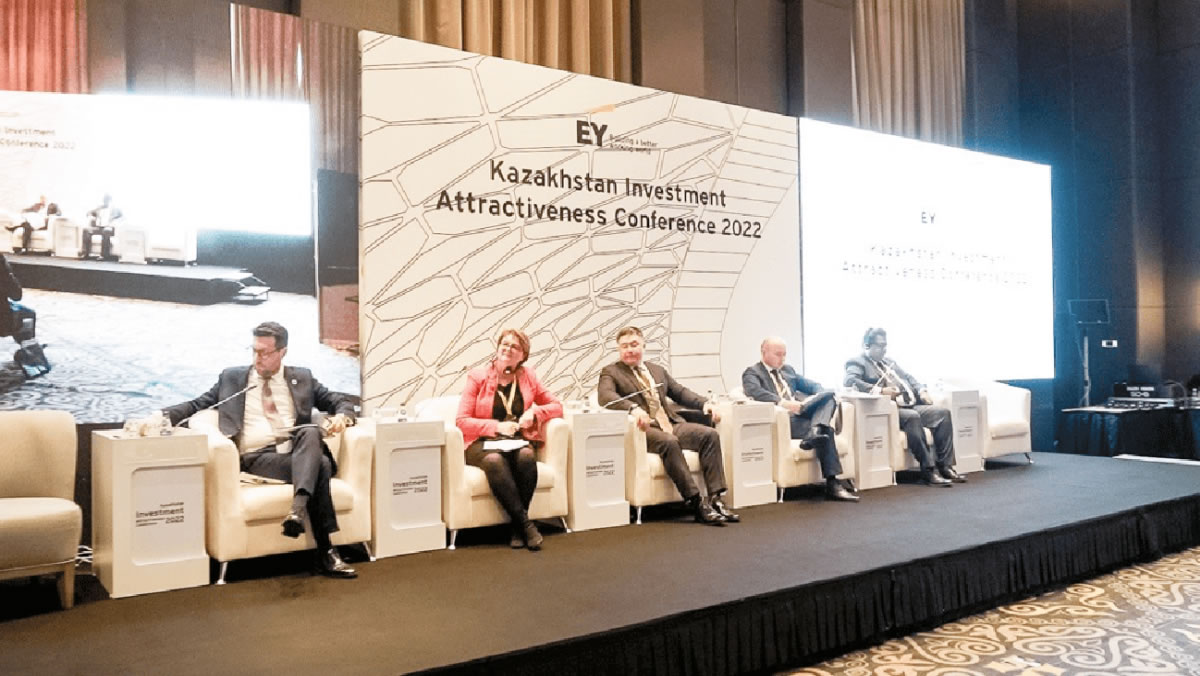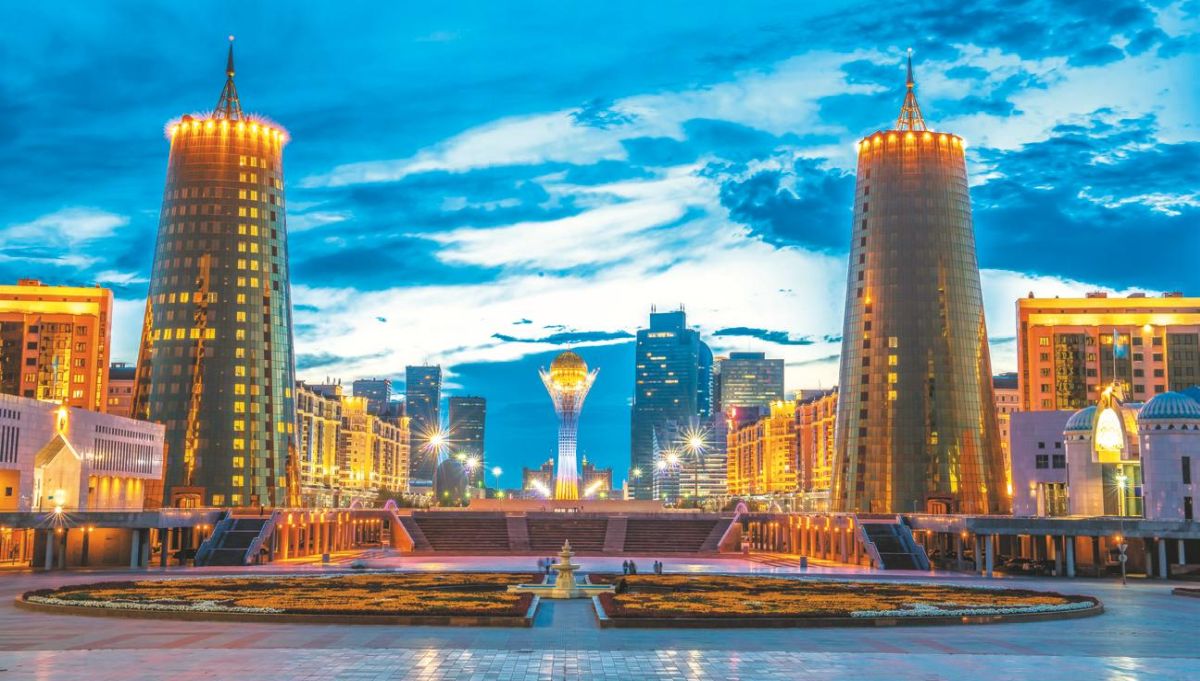Results of the Year
EY Presented the Results of the Investment Attractiveness of the Kazakhstan Study

During the Investment Attractiveness of Kazakhstan conference in Astana, the results of a study from EY conducted among existing and potential foreign investors were presented.
The conference was attended by representatives of state bodies of Kazakhstan, foreign investors, and participants of business associations. During the discussion, the key issues of the study were discussed: factors influencing the choice of the country of investment, attractive industries that, according to investors, will attract the most significant investments, and risks and proposals to improve the investment climate in Kazakhstan.
The study concludes that Kazakhstan is the region's leading attractive investment country. More than two-thirds of the investors who took part in the survey (71%) are already operating in the country. According to the study, the market potential and a Sustainable Economic Recovery Plan from the COVID-19 pandemic were among the factors determining Kazakhstan's attractiveness in the last three years. The government has allocated about 14 bln US dollars (8.6% of GDP) for anti-crisis measures – the highest figure among all Eurasian Economic Union member countries. The recovery plan is aimed at most sectors of the economy, in particular, at supporting small and medium-sized enterprises. It is also aimed at achieving self-sufficiency and a green transition.

The leading investors in Kazakhstan are Russia, Turkey, China, and the USA. In 2019-2021, renewable energy sources accounted for the largest number of projects, the most jobs were created in the food industry, and projects in the chemical industry brought the largest amount of capital investment. In 2021, renewable energy accounted for 44% of FDI, followed by the rubber industry – 13%, food and beverage production – 10%, and software and IT services – 10%. As for the regional distribution, the greatest investment activity in 2019-2021 was observed in the Almaty region (20% of the total number of foreign direct investment (FDI) projects in Kazakhstan), followed by the Akmola region (15%). In the Almaty region, investments were mainly directed to the consumer goods sector, while in the Akmola region, an FDI project was implemented in the high-tech manufacturing sector, which brought the most significant amount of capital investment. Both regions have also attracted significant investment in the tourism sector.
In terms of international project financing transactions, at the end of 2020, the construction project of the Kazakhstan QazTechna bus plant was implemented with the participation of Chinese capital. Also, with the involvement of Chinese capital, the construction of a DoubleStar rubber and tire manufacturing plant was started in 2020. In telecommunications, a new project was launched by the Dutch VEOL (VimpelCom). The mega project for modernization at the Tengiz field (a giant hydrocarbon project that Kazakhstan is implementing jointly with the American Chevron) has been postponed for some time. It is expected that the project will be launched by the end of 2023, and the expanded production facilities will be put into operation in the first half of 2024, the study says.

When asked what factors can positively influence the decision to invest in the next three years, investors note the presence of incentive measures – conscious consumption, quality of life, support for industries, labor productivity, etc. In general, all factors can be grouped into five main categories, the work on which is of great importance for all stakeholders, including governments, companies, and consumers. These five criteria include digital technologies, taxation, the labor market, regulatory framework, and sustainable development.
"We are witnessing a global struggle for investment capital. Every second out of almost 1,400 large foreign companies suspended their activities or completely withdrew from the Russian market. The government should create favorable conditions for their relocation to Kazakhstan," President of Kazakhstan Kassym-Jomart Tokayev said. To create more favorable conditions for investors, the government has taken legislative measures to improve the country's licensing system, simplify the procedure for starting a business, and optimize some functions of state supervision.



